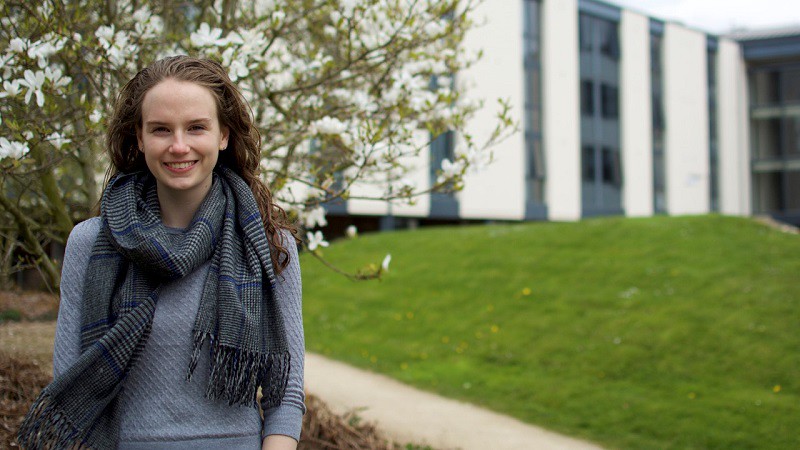Victoria completed her undergraduate degree in our Department of Psychology in 2013. She is now working towards her PhD Research Programme in Psychology.
Conducting research in South Africa
Victoria has conducted three studies as part of her research and conducted further data collection at Stellenbosch University in South Africa.
'The opportunity to conduct research and collect data at Stellenbosch has helped my research as I have been able to examine how parents respond to and support their children in a low-resource environment with extremely high rates of community violence.'
The study that she conducted allows for a deeper and wider understanding of how parents in a non-Western context care for their children following a trauma.
'Being able to travel to Stellenbosch has helped me as a young researcher by consolidating links with other researchers with similar interests. This has led to additional collaborations, including a study investigating parents’ perceptions of HIV vaccination trials.'
As well as her research at Stellenbosch, Victoria is working with Dr Sarah Halligan and other researchers from the Department of Psychology as part of a larger project. Funded by the Economics and Social Research Council (ESRC), they are working with regional hospital emergency departments and child and adolescent mental health services in the UK.
Parental support for childhood trauma
Traumatic experiences, such as interpersonal violence or serious road traffic accidents, affect a large number of children in the UK.
For some, these experiences can lead to the development of psychological difficulties. Parents are usually the main source of support for children following a traumatic event. However, little is known about how parents experience providing such support to their children.
Victoria’s interest in parents’ experiences of supporting their child post-trauma came from the awareness that it can take a considerable amount of time for some children to get psychological treatment after a trauma.
'It can take several months for some children to be referred to a clinician for specialist care, so it is important to understand how parents care for their children after a trauma and if there is any additional support parents feel they need. I wanted to learn more about this and see how my skills as a researcher could help.'
